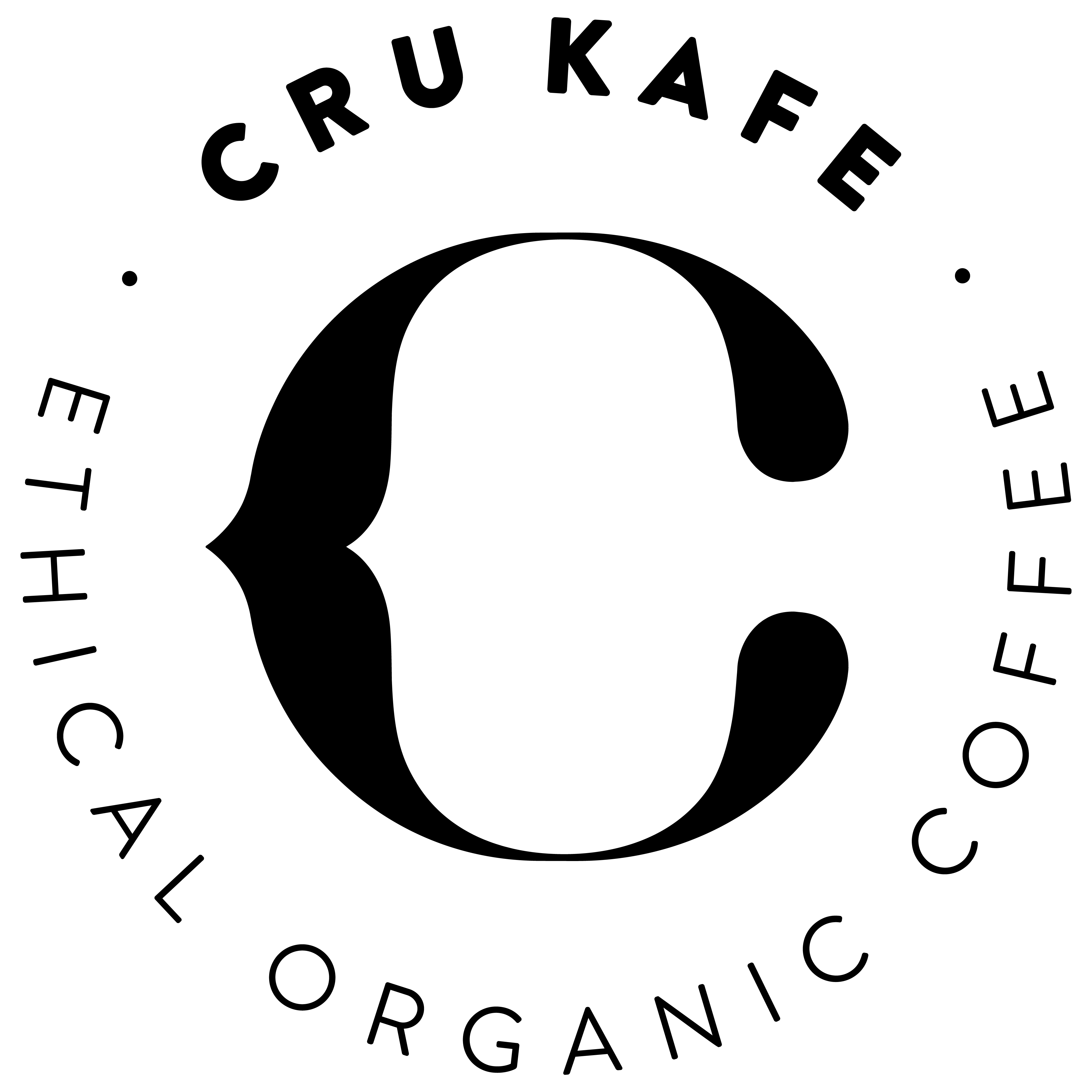To celebrate the launch of our new Organic Grand Edition Papua New Guinea, we’re taking a closer look at the relationship between coffee and its origin; viewing the crop in context, rather than just celebrating its taste & flavour.
For Papua New Guinea in particular, this connection is a particularly close one. After palm oil, coffee is Papua New Guinea’s largest agricultural export and as an industry it helps support nearly 50% of the entire country’s population - and in a country of over 800 languages and 1,000 ethnic groups, this is no mean feat. It’s a unifying commodity that has helped bring together villages, communities and a population, but it is not without its problems.
SETTING THE CONTEXT
As mentioned, Papua New Guinea is a country of huge variety. Its historical social composition is extremely complex, with a largely-tribal structure meaning that within its borders there are still more than 800 different languages spoken. In a landscape broken by deep rivers, wide valleys and mountain ranges, these communities often remained isolated from each other, let alone the outside world - but this doesn’t mean they were under-developed.
THE MONEY TREE
As early back as 1880, coffee was farmed by hundreds of these communities, and in a time In a time when trading was the main source of interaction between communities, coffee beans acted as de facto currency in these isolated areas, traded amongst the villagers in exchange for other commodities. Because of this, the coffee tree itself is often referred to as ‘the money tree’ - a common unifier in a country of isolated and independent tribes, each with their own customs and languages.

THE 'MODERNISATION' OF THE INDUSTRY
As colonialism started to make its mark at the turn of the 20th century, many outside powers were keen to penetrate the virgin forests of the Eastern Highlands and take advantage of the country’s numerous natural resources. Instead of finding these areas uninhabited, however, these ‘Westerners’ stumbled upon the carefully cultivated hillsides of countless village communities.
The already-established but small-scale coffee plantations and mining efforts they found quickly caught the eye of the colonial machine and before long missionaries, mercenaries, prospectors & patrolmen had descended upon the region. What followed was a huge ramp-up in Papua New Guinea’s economic development in the post-war era, and within 20 years, coffee production alone had increased around 2000% across the country.
THE CURRENT SITUATION
Seen through this lens, it is not hard to see how coffee has woven itself so deep into the nation’s social and economic fabric - so much so that the new government has just brought in what is thought to be the world’s first ‘minister for coffee’1. However, it is by no means the answer to Papua New Guinea’s problems. With nearly 40%2 of the population living under the international poverty line, investment is needed in infrastructure and key services to help bring hundreds of communities further in from the cold, where access to electricity and clean water remain a real problem.
One way this is being done is by the establishment of coffee cooperatives. The HOAC, from which this coffee is sourced, is the oldest of its kind in the Pacific. Formed in 2005, its aims have been simple: to improve the quality of coffee and production, to strengthen the region’s poor transport links and to bring clean drinking water and electricity to village communities. But by supporting producers like these, and by paying the Fairtrade and Organic premiums on the coffee we source, the coffee industry can be part of the solution to Papua New Guinea’s long term stability and economic development.
1 https://www.theguardian.com/world/2022/aug/24/papua-new-guinea-brings-in-minister-for-coffee
2 Papua New Guinea - World Bank DataBank




